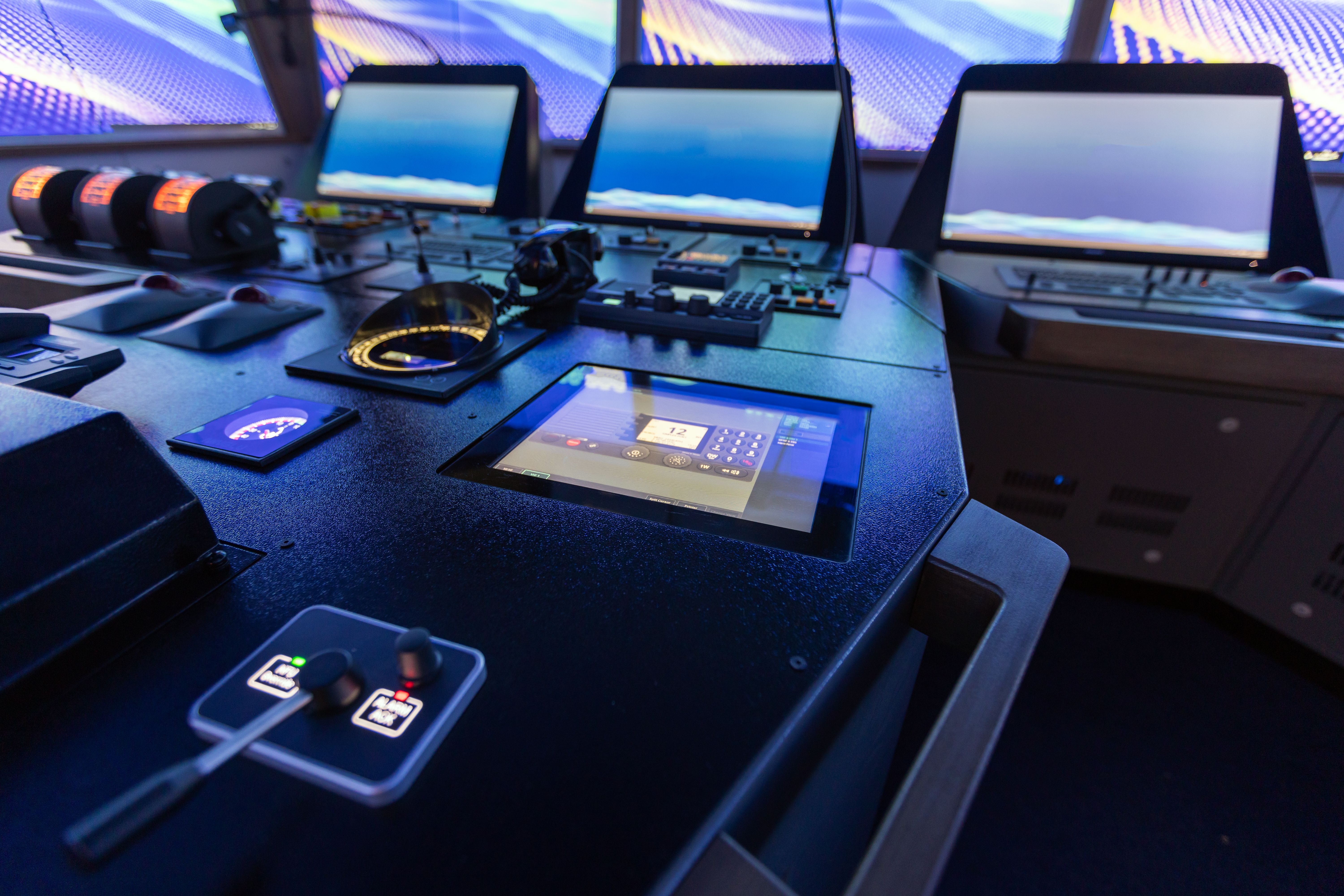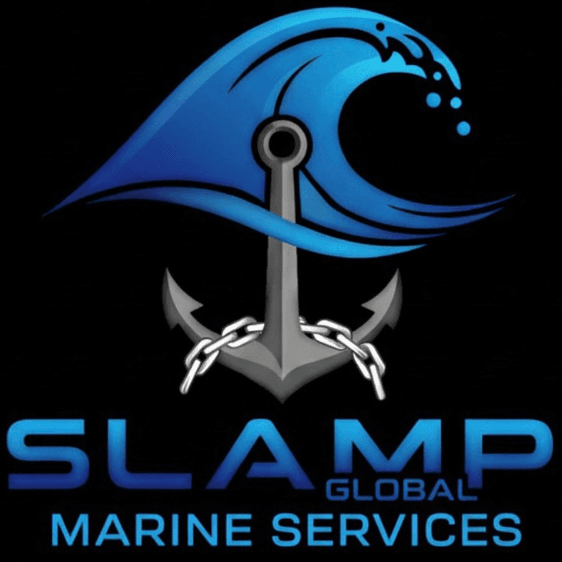Expert Tips for Navigating Seasonal Challenges in Marine Operations
SG
Understanding Seasonal Challenges in Marine Operations
Marine operations are inherently complex, with a variety of factors influencing their success. Among these, seasonal changes pose significant challenges, affecting everything from navigation to maintenance. Understanding these challenges is crucial for ensuring safe and efficient marine operations. In this post, we will explore expert tips to navigate these seasonal challenges effectively.
Seasonal variations can lead to unpredictable weather patterns, such as storms, high winds, and fog, which can severely impact visibility and safety at sea. Moreover, temperature changes can affect equipment performance and the well-being of crew members. Being prepared for these variations is essential for minimizing risks and maintaining operational efficiency.
Preparation and Planning
Conducting Thorough Risk Assessments
Before embarking on any marine operation, it is critical to conduct thorough risk assessments. This involves analyzing historical weather data and predicting potential seasonal threats. By understanding the patterns and trends, operators can develop strategies to mitigate risks. Proper risk assessment ensures that both the vessel and crew are adequately prepared for any eventuality.
Implementing Flexible Scheduling
Flexibility in scheduling is another key strategy for navigating seasonal challenges. By allowing for adjustments in departure and arrival times, operators can avoid adverse weather conditions. This might involve leaving a port early or delaying departure to wait for a weather window. Such flexibility helps in reducing the chances of encountering severe weather while at sea.

Utilizing Advanced Technology
Weather Monitoring Systems
The use of advanced weather monitoring systems is vital for anticipating and responding to seasonal challenges. These systems provide real-time data on weather conditions, enabling operators to make informed decisions about route adjustments and safety measures. Investing in reliable weather monitoring technology can significantly enhance operational safety.
Remote Sensing and Navigation Tools
Modern navigation tools equipped with remote sensing capabilities offer precise location tracking and route optimization. These tools help in avoiding hazardous areas and ensuring safe passage during challenging conditions. Utilizing the latest technology in navigation not only improves safety but also enhances overall operational efficiency.
Maintaining Equipment and Crew Readiness
Ensuring Regular Equipment Maintenance
Regular maintenance of marine equipment is essential to ensure it functions optimally in all weather conditions. Seasonal changes can exacerbate wear and tear, making preventive maintenance a priority. Operators should establish a maintenance schedule that takes into account seasonal factors to prevent unexpected equipment failures.

Training Crew for Seasonal Variations
Crew members play a pivotal role in navigating seasonal challenges. Providing them with comprehensive training on how to handle different weather conditions is crucial. This includes safety drills, emergency response training, and familiarization with new technologies. A well-prepared crew can make all the difference in ensuring safe marine operations.
By understanding the seasonal challenges inherent in marine operations and implementing these expert tips, operators can enhance their ability to navigate safely and efficiently. With thorough preparation, advanced technology, and a well-trained crew, marine operations can continue smoothly despite the changing seasons.
